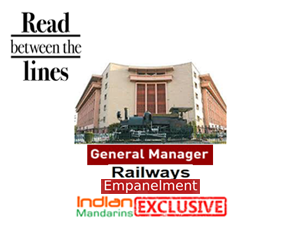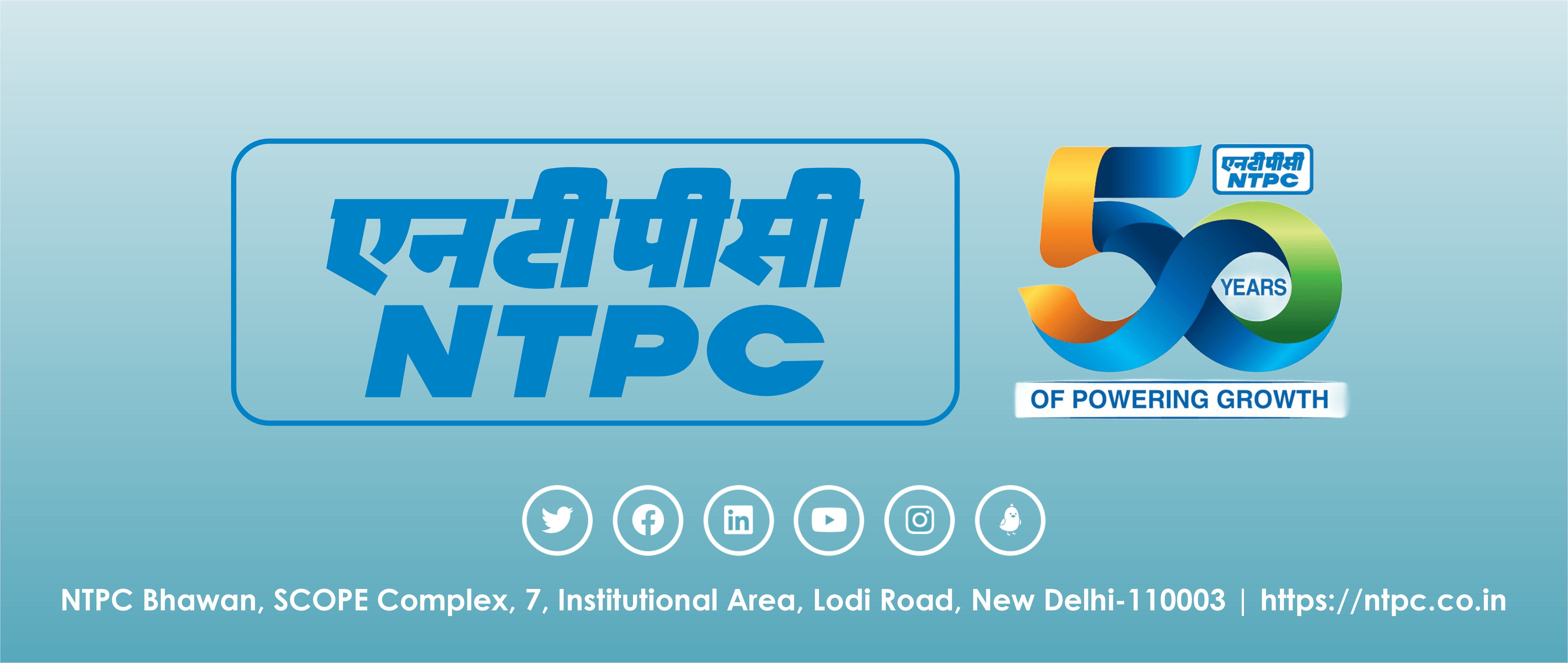New Delhi (07.09.2022): The new rules for promotion to senior levels in Indian Railways were notified on May 27, 2022. It is now three months and the very first instance of promotions under these rules, i.e. of General Managers, is still languishing.
Apart from the unduly lengthy process (notified on May 27, 2022) that was meant to select the best possible candidates for the posts of GMs, the process is also fraught with irregular steps leaving avenues for criticisms and apprehensions.
A section of aspirants for promotion to GM Railways posts is apprehensive about their career progression and prospects in Railways. In the newly crafted method for promotion approx. 135 senior officials have applied for empanelment for the GM Railways post.
This section of aspirants has a presumption that the Expert Panel has been asked to shortlist 35-40 out of 135 applicants.
Those in the know of the affairs assume that if this is the case it amounts to arbitrarily reducing the zone of consideration. As per the extant provisions, the DPC is required to look at all officers in the zone of consideration as only the DPC has the power to create a shortlist and call it a panel.
The gazette notification (new rules for the promotion) of May 27 laid down that a DPC comprising Secretary DOP&T, Chairman & CEO Railway Board, and one non-railway officer (like Secretary DPIIT, or Secretary MORTH, or CEO NITI Aayog, etc.) to be nominated by Minister of Railways will make an overall assessment of the officer based on four inputs: Expert Panel (EP) assessment of ACR/APARs; EP Multi-Source Feedback; EQ assessment; and Application.
There seems to be nothing wrong on the surface with this provision. A DPC is indeed the sine qua non for promotions at all levels. However, it is the DPC that takes the call on all officers in the zone of consideration.
The Railway Ministry (or any other authority as concerned) provides the DPC with inputs such as APAR gradings, Vigilance and SPE clearances, Disciplinary or Criminal charges, etc. It is never a case when the Ministry deletes the names of officers under any kind of shadow before putting up a truncated list to the DPC. It is entirely the purview of the DPC to consider each and every officer in the zone of consideration and recommend a panel of officers found suitable based on clear-cut criteria. This process has stood the test of time in all cadres, civil, military, or scientific.
But it appears that the Ministry of Railways has decided to prepare a short list of officers based on the work done by an Expert Panel (EP). For the GM level (level 16) posts 135 applications were received. The Railway Ministry, based on the inputs and recommendations of the Expert Panel has, reportedly, shortlisted only about 35 officers. It appears that the DPC will be presented with a list of only these 35 officers to create a panel out of 135. There are several shortcomings and irregularities in this process.
As per the gazette notification, the Expert Panel (EP) was only supposed to assist in assessing the ACRs/APARs, getting multi-source feedback, and evaluating the applications.
In fact, the Expert Panel (EP) was not to prepare a shortlist, nor was it even to recommend a shortlist. Yet, the EP has been called upon to do that.
Further, the EP was to be drawn out of retired Chairmen and Members of the Railway Board, retired Secretaries, General Managers, and others. The current EP, however, is constituted only of retired officers none of whom have been General Managers let alone Chairman, Members, or Secretaries to the Government of India. Most of them haven’t even been DRMs. Yet, they have been entrusted to decide the fate of General Managers. What necessitated only mediocrity to be given a place in the EP is a question that is rattling the officers across Indian Railways.
A section of applicants/candidates says that the EP was nominated in a non-transparent manner. After all, if its recommendations are to impact the decision of the ACC, wouldn’t it have been proper to get the EP approved by the Cabinet Secretary?
The multi-source feedback, popularly called 360-degree feedback is to be taken only telephonically and recorded by the members of the EP. Whereas one may have faith in members of the committee, such faith should be based on feedback from the members themselves. This has been found sorely lacking.
It is to be seen if the DOPT and the DPC agree to sit only in the evaluation of shortlisted officers or insist on looking at the entire list in the zone of consideration.
If the DPC, presented with a fait accompli, gives the principles of natural justice a go by and considers only the short list prepared through a non-transparent and largely arbitrary process, it will be setting a bad precedent for all cadres. It will open the doors to an arbitrary pick-and-choose practice and very severely hit the moral of in-service officers. It is widely believed that the Railway promotion process is only a test case, which if found “useful” will be extended to all cadres including the All India Services.
(By Rakesh Ranjan)
ALSO READ:
Indianmandarins Archive (11.08.2022)
































